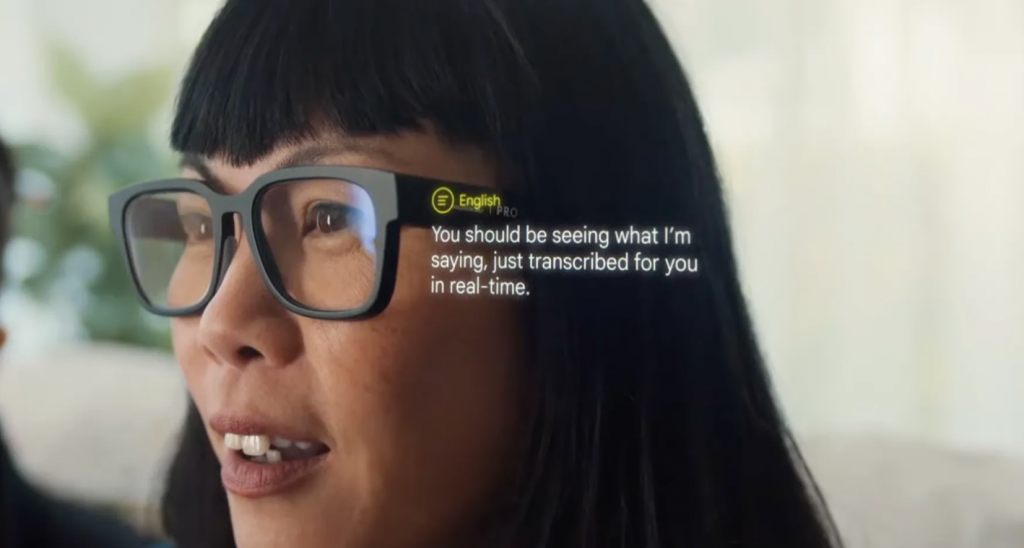It’s Thursday, June 2nd, which means The Cloud has launched. I’m super excited about it. That also means, it’s time for the Top Tech News of the Week! I’m on with Mark Starling, John, and the First News 570 crew. This week’s top tech stories: Chinese government hackers target Tibetan government reps, Musk tells Tesla employees to come to the office or else, and the Supreme Court halts Texas’ deplatforming law. You can listen to Mark and I point and laugh while talking about the wild and crazy technology world every Thursday morning, LIVE at 6:43am Eastern by tuning into WWNC on the iHeartRadio app. Listen now.

TESLA EMPLOYEES MUST RETURN TO OFFICE OR FIND OTHER JOBS
Musk just likes staying in the news. Many US employers have taken a pragmatic approach to returning employees back to the office. Employers with a high number of office workers have embraced hybrid models where employees can work days in or out of the office on a schedule. Others have forsaken their offices and have allowed employees to work permanently from home. Earlier this week, Elon Musk demanded that any employee wishing to do remote work must work in the office a minimum of 40 hours per week. Well, that’s a full work week. Not really remote work. Musk is assuming if people don’t show up, then they’ve resigned.
SUPREME COURT HALTS TEXAS DEPLATFORMING LAW
In a shocking 5-4 decision, the Supreme Court blocks Texas’ deplatforming law to take affect. The law would have banned social media platforms with over 50 million users from banning accounts held by politicians and office holders. The decision was bi-partisan with Democratic and Republican party justices deciding against the law. Facebook, Twitter, and YouTube all fell within the 50 million user count limits of the Texas law.
CHINESE GOVERNMENT HACKERS LINKED TO MICROSOFT OFFICE EXPLOIT
A new exploit targeting exiled Central Tibetan Administration was reported on Monday. The exploit originated from a Chinese government hacker group known as TA413. The Chinese government has been targeting exiled Tibetan government representatives for years. The CTA is actually based in Dharamsala, India. The exploit uses an especially crafter Microsoft Word document that can launch a script file through Microsoft’s Support Diagnostic Tool. Microsoft hasn’t issued a patch for the exploit yet, but is telling users to disable a URL embedding feature in its Support Diagnostic Tool. The US Cybersecurity and Infrastructure Security Agency is urging organization to disable the feature. Microsoft products from Office 2013 to Office 365 are under threat. Yes, that’s a whole slew of products.
The Cloud is LIVE!
Hi Everyone, I’m proud to announce The Cloud podcast to you. Subscribers to this site and early adopters are the first to get links to the new podcast. The Cloud is like Hidden Brain for technology. Every episode will feature a big tech concept and we’ll explore if the technology is just hype or is really delivering on its promises.
We’ll be releasing new episodes each month. Please check out the first episode, What Happened to Smart Cities?
Subscribe to the cloud at thecloudpodcast.net. You’ll also be able to subscribe using your favorite podcast app. We’ll be on all of them.



:quality(75)/https://static.texastribune.org/media/files/92e525dfa5fa30ca5b37b9d58650156c/Meta%20REUTERS%20TT.jpg)
